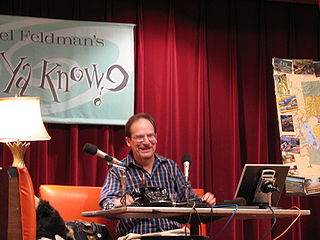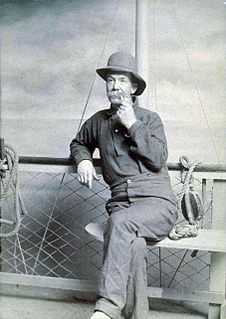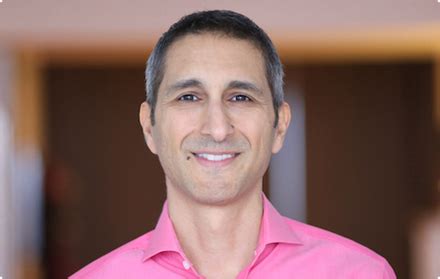A Quote by Scott Adams
Most success springs from an obstacle or failure. I became a cartoonist largely because I failed in my goal of becoming a successful executive.
Related Quotes
The failure and the success both believe in their hearts that they have accurately balanced points of view, the success because he's succeeded, and the failure because he's failed. The successful man tells his son to profit by his father's good fortune, and the failure tells his son to profit by his father's mistakes.
If success were easy, then it would not necessarily be true success. Some of history's most successful people learned to cope with failure as a natural offshoot of the experimental and creative process and often learned more from their failures than their successes. By taking the attitude that failure is merely a detour on the way to our destination, hope can blossom into success.
Scott Adams is not only a world-famous cartoonist, he's also a world-class failure. And he's the first to admit it. In his new book, 'How to Fail at Almost Everything and Still Win Big,' the Dilbert creator explains how failure can lead to success if you develop the right skills to make the most of your mistakes.
If you can look at your failure and answer yes to the questions, "Did I give it my absolute best effort?" and "Have I learned something valuable?" then you have failed in the right way. By these standards, I've failed many times in my career. But every failure has made me stronger and wiser. Inevitably, success has always followed.
What's the difference between people who feel successful and people who feel they've failed? The answer is mindset: If you learn and grow from failure, suddenly it becomes a personal asset. People who are successful don't want instant gratification. They don't think about hitting a point of success and never working again. Instead they ask, How do I improve myself and continue to do that consistently over time?
I was lucky in that I had a mother that was full of this colloquial wisdom and she used to say to me 'You know, failure is not the opposite of success, it's the stepping stone to success. There is nobody who has not failed along the way.' So I think its very important for young women, especially as they are starting in life, to recognize that because otherwise, they only see people's success. So, when I speak, I speak of my failures.
Failure's relative. I've always felt, even early on, if I lose the freedom to fail, something's not right about that. It's how you treat failure, too. There's something to learn from it. I've had movies that have failed colossally, so you kind of analyze your failures: What kind of failure was it? A failure because it's misunderstood by others? A failure because you misunderstood it yourself?
She thinks, I failed twice. If I failed twice I'm going to fail forever. No! That is not the law of life. If you failed twice that means you can learn. It's just a learning experience. It's an obstacle. An imaginary obstacle. She made it real. She made failing a journey of life... Instead do again and make a journey of your life.

































